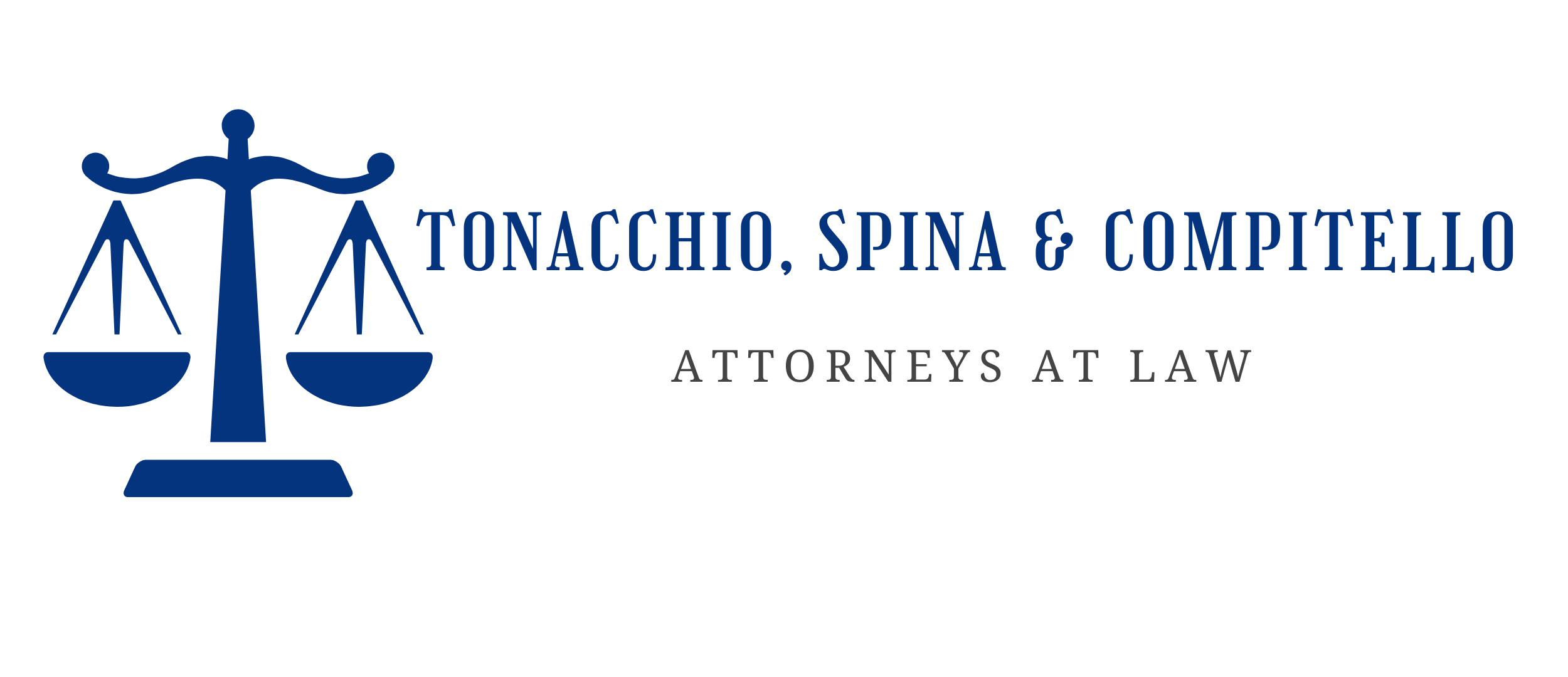As anyone who has been through a divorce can attest, going through the process can be contentious with strong emotions on all sides. When things heat up, it’s tempting to accept that a divorce can and should bear all-out warfare in a courtroom, but is that really the best course of action for all involved? Does divorce (or any other family law issue) always require a fully adversarial process? Luckily, there is another option that is more cost-effective, less adversarial, and more often leads to positive outcomes – mediation. Below are several reasons why family law mediation in New Jersey might be the right choice for your family law issue.
1. YOU’RE PROBABLY GOING TO BE ORDERED TO DO IT ANYWAY!
Since NJ is a “mediation first” state, Family Court judges order parties to mediation before they are allowed to continue their case in the courtroom. With such crowded dockets, these judges are fighting to ensure that only parties that truly belong in court wind up there. Why wait for the judge? You can start saving money at the outset by skipping the initial court appearance and heading straight to mediation. Even when litigation becomes necessary, one study suggests that less than 20 percent of families who begin a divorce proceeding through mediation appear before a judge, while 75 percent who pursue an adversarial process wind up in court.
2. MEDIATION IS LESS COSTLY!
Mediation saves both time and money! Also, in another study, divorcing couples reached agreement significantly more quickly when mediating, saving around 2 ½ to 3 ½ months in time to resolution. With today’s crowded court dockets, the actual time saved in mediation is likely far greater. It makes sense – in an adversarial proceeding, both parties pay attorneys an hourly rate to handle the case, and the bills can mount as the litigation drags out. A mediator brings both sides to the table, and the process is controlled completely by the parties.
3. MEDIATION IS PRIVATE!
One big difference between mediation and a litigated divorce settlement is privacy. Issues that arise in litigated proceedings may find their way elsewhere, and proceedings take place on the public record. Ready to air your dirty laundry in public? Likely not. With very limited exceptions, your mediator cannot reveal anything discussed at mediation – to anyone. The confidentiality of a mediation protects sensitive information and the privacy of the parties involved.
4. DID SOMEONE SAY BETTER OUTCOMES?
It’s not a stretch to imagine that a process in which parties hash out an agreement with the assistance of an individual trained to help them collaborate produces better outcomes than a purely adversarial process. Parties are encouraged to find common ground in a mediation, rather than fight for ground. A study referenced earlier shows that there “significantly more joint legal custody awards” in mediation than in litigation. Overall, couples who mediate divorce, child custody and other family law issues wind up with far higher rates of compliance with the agreements made in those mediations than those who litigate, even long-term. Cases involving children result in much more stable households post-divorce when parents mediate. Outcomes are far more positive all-around.
These are just a few of the advantages of mediation, although there are many, many others, such as the autonomy of the process, the positive emotional reactions, and the fact that there are just certain decisions that the parties are better at making together instead of putting before a judge. These factors combine to produce a process that results in a win for both parties far more often than a legal fight. If you’re considering divorce and need a skilled mediator with legal knowledge,, or call 973-955-4732 call Our attorneys have extensive experience in family law and divorce cases, so we can assist with the issues surrounding your situation.

